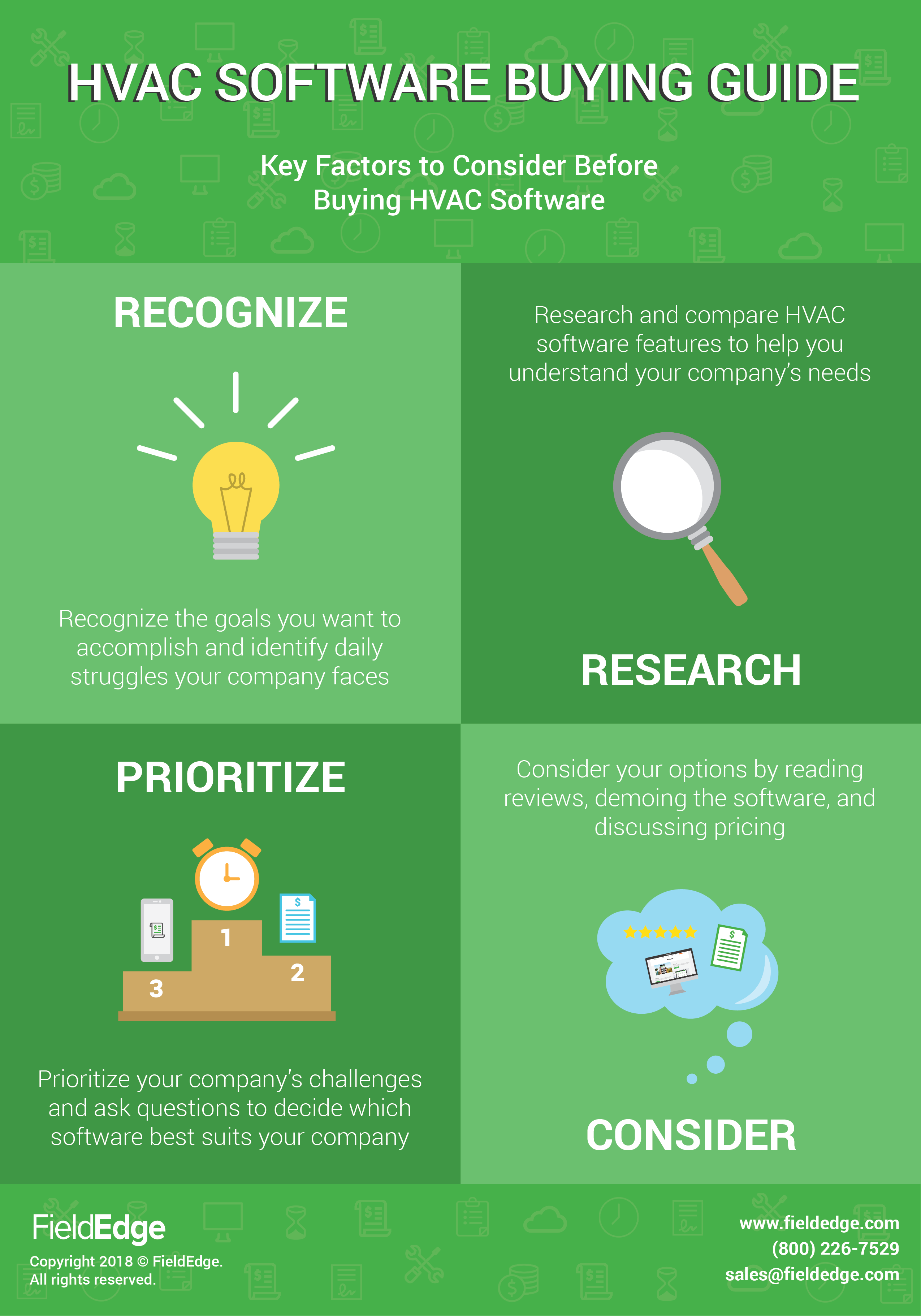Heat Pump Vs Heating System - Which Is The Better Home Heating Choice For Your Home?
Heat Pump Vs Heating System - Which Is The Better Home Heating Choice For Your Home?
Blog Article
Authored By-Huff Rose
Lots of property owners are familiar with furnaces, which heat homes with oil or gas and push hot air through ductwork. They are relatively inexpensive and can offer reputable home heating even throughout a wintertime power outage.
Nonetheless, they use nonrenewable fuel sources and create carbon monoxide gas and various other air pollution. They likewise aren't as energy-efficient as a high-efficiency heat pump.
Price
Typically, heat pumps are extra economical to operate than heaters. They normally utilize power and cooling agent to extract warm from outside air, and then move it right into your home. You can make the most of more affordable electrical power prices throughout off-peak hours to even more decrease your home heating costs.
Unlike heat pumps, gas or wood-burning heaters use burning to create warm, producing flue gases right into the atmosphere that can be hazardous to your health. These heating systems are also less energy-efficient than heatpump, and their higher operating expense can build up in time.
Heating systems are a lot more complex than heat pumps and require regular upkeep to guarantee the proper function of all parts. Despite this, they have a tendency to last longer than heatpump with a normal life-span of two decades or even more. Nevertheless, you'll require to factor in the price of gas, fuel oil or timber and the extra tools needed for installation and operation such as ducts and air flow systems.
Power Effectiveness
Heat pumps have a greater energy performance score than heating systems. These systems make use of electrical power to feed on warmth from the air, even in freezing temperature levels. They can likewise get rid of excess warmth from the home during warmer months and recycle it to cool the system. Carrier experts can help you identify the most effective design for your home on environment and resource power expenses.
Heaters shed fuel oil, propane, natural gas or other types of nonrenewable fuel source to warm the air in the home. This air is then spread via ductwork utilizing a big fan. Heating systems create greenhouse gases and call for regular upkeep and tools upgrades to guarantee secure procedure.
The most significant advantage of a heating system is that it can be run also in severe winter season problems since it does not depend on outside temperatures to heat the air. Furnaces likewise have a longer life expectancy than heat pumps and typically last 15 years. They can likewise be coupled with double fuel alternatives, which pick one of the most reliable home heating choice based upon the weather.
just click the next website in modest climates and use much less resource power than furnaces. However, if your region is extremely cool, you might require to purchase a typical gas heating system instead.
Heaters offer cozy, relaxing warmth and normally supply rapid home heating to raise interior temperatures. These systems can be used with a selection of fuel types, including gas, lp, oil or power.
They consume extra energy than heat pumps-- as much as 3x as much-- and need ductwork that's costly to mount or retrofit. They're additionally much more costly to preserve, as they can cause air top quality issues and produce greenhouse gas exhausts.
If you're committed to lowering your carbon impact, a heat pump is an excellent selection for your home. They have fewer greenhouse gas exhausts than heaters, particularly if you select a power STAR ® heatpump. Your neighborhood Service provider professional can clarify the distinctions between these two heater and assist you make the very best choice for your one-of-a-kind requirements.
Individual Preferences
Heating systems can be extremely power reliable when powered by natural gas, lp or oil, yet they aren't as power reliable as heatpump in cold environments. They can likewise be a lot more pricey to set up, needing gas lines and air flow systems.
Nevertheless, heaters often tend to need less upkeep, which can result in reduced recurring expenses. They generate fewer greenhouse gases and are extra reliable than heatpump throughout severe climate.
Electric heatpump are a lot more flexible in creating indoor comfort since they can likewise function as a/c unit during warmer months. They can be easier to maintain, requiring just routine air filter modifications and occasional vacuuming.
If you like the convenience of a solitary system that does it all, think about a hybrid heating option that pairs a furnace with an electrical heatpump. These systems can immediately switch in between the two home heating alternatives based upon your home's needs and temperature level problems, taking full advantage of performance and cost savings.